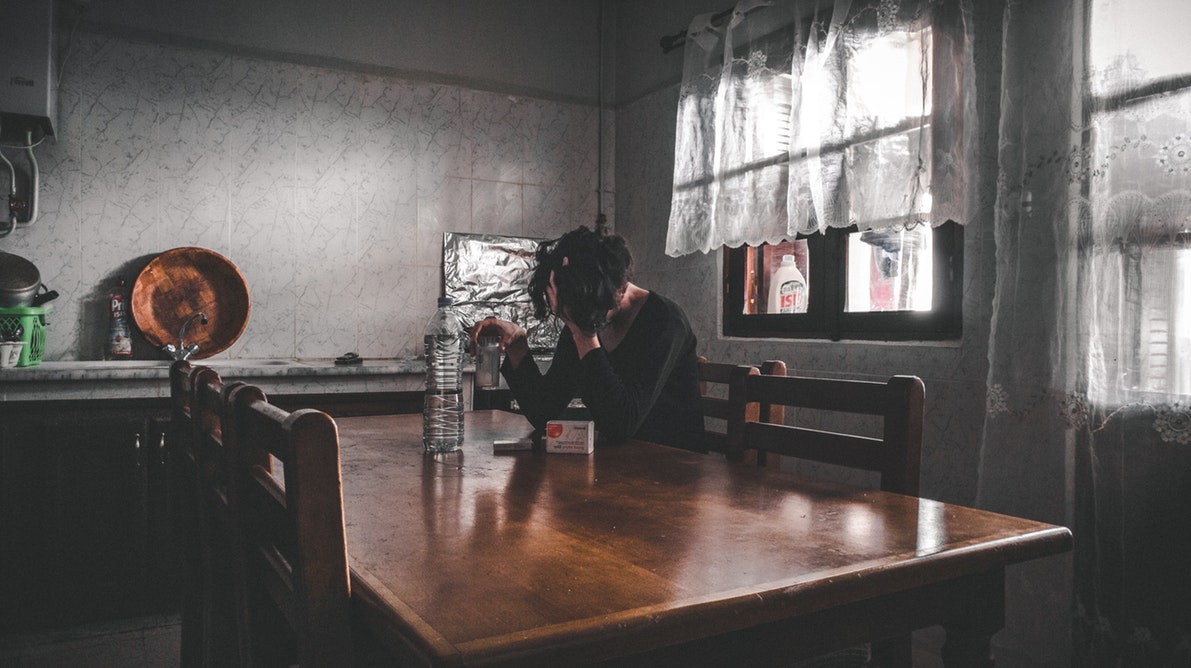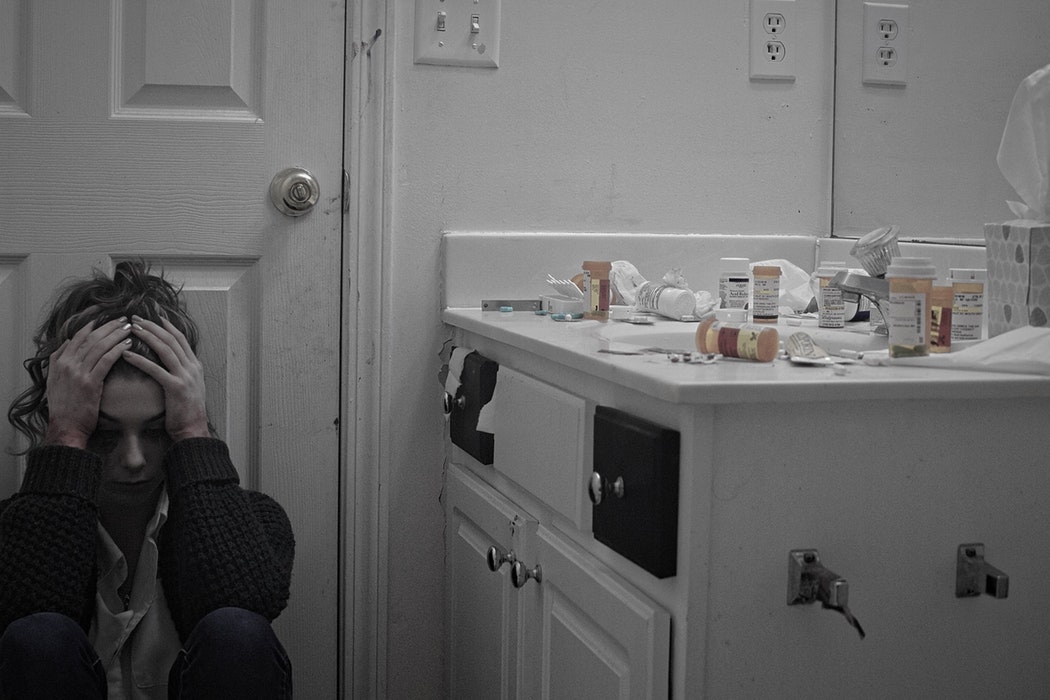Depression in Women and Postpartum Depression
It is caused by the rapid drop in pregnancy hormonal levels after delivery leads to chemical changes in the brain that may trigger mood swings, with the stress and sleep deprivation after delivery, can increase the risk in susceptible people.
Also, many new parents find it difficult to get the rest they need after giving birth. Sleep deprivation can lead to body pain and exhaustion, which also may contribute to the symptoms of postpartum depression.
Women with postpartum depression experience intense feelings of sadness and anxiety, that prevent them from being able to do daily tasks. Postpartum depression usually begins about one to three weeks after childbirth but can occur up to one year after delivery.
After giving birth, feelings of sadness and fatigue are normal and usually fade within a week without treatment. It usually doesn’t interfere with a parent's ability to care for their baby. Nearly 80% of new parents report feeling depressed, anxious, irritable, or even angry in the first weeks with a new baby. But post-partum depression could interfere with a parent's ability to care for their baby .
It could happen after a successful pregnancy and childbirth or after a pregnancy or childbirth with complications or during pregnancy (prenatal depression) or after a stillbirth or miscarriage.
 People at risk of developing postpartum depression include:
People at risk of developing postpartum depression include:
- People with a lot of other stress in their life.
- Parents of a sick baby.
- People who had depressive episodes before or during pregnancy.
- Those without enough support from their spouse, family, or friends.
- People with children to care for.
- Younger parents.
- Moderate to severe premenstrual symptoms
- Formula-feeding instead of breast-feeding
- Smoking
- unemployment
Common symptoms of postpartum depression include:
- Constant feelings of sadness, restlessness, anxiety, or hopelessness.
- Detachment from family and friends.
- Extreme fatigue and either sleeping too much or too little.
- Low self-esteem and feelings of worthlessness.
- Lost interest in their baby or in their favorite activities.
- Persistent physical problems, such as headaches or an upset stomach.
- Severe mood swings, including irritability, anger, and sadness, but no joy.
- Thoughts about hurting themselves or their baby.
- Trouble concentrating or remembering.
- Withdrawing from loved ones, including their baby, due to feelings of guilt or shame.
Treatments include lifestyle changes, counseling, and medicine.
Possible dietary supplements aimed at preventing postnatal depression include omega‐3, iron, folate, vitamin B12, B6 (pyridoxine), B2 (riboflavin), vitamin D and calcium.
Lifestyle changes
- Exercise can help improve mood.
- Stress management and relaxation training.
- Emotional support from a spouse, friends, and family and help with caring for the baby or the home.
Counseling
- Assertiveness training can help people learn to set limits and reduce overwhelm.
- Peer support groups or educational classes.
- Counseling and talk therapy one-on-one with a mental health professional helps develop coping skills.
- Group therapy sessions.
Medical treatments
- Hormonal treatments
- Antidepressants act on the chemicals in the brain that affect mood and its regulation.
- Anti-anxiety medication to help with panic attacks and anxiety
Postpartum blues
Postpartum blues occur within a few weeks of delivery and usually last a few days. They go away completely within two weeks. They are considered normal and not serious.
The baby blues has milder symptoms than post-partum depression such as mood swings, trouble sleeping, crying and inability to concentrate.
Dads can get postpartum depression too
Researchers found that postpartum depression may affect between 8 and 13% of fathers (called paternal PPD)
Risk factors for paternal PPD include:
- Age (Older parents are more likely to be affected)
- A history of depression, anxiety, or other mental illness.
- Financial worries.
- Having a partner who has a mood disorder or post-partum depression
- Lack of social support.
The symptoms of paternal PPD are the same as PPD in the birthing parent. However, it may not be as obvious (even to the person).
Dr Najeeb Layyous F.R.C.O.G
Consultant Obstetrician, Gynecologist and Infertility Specialist


 Pregnancy Due Date Calculator
Pregnancy Due Date Calculator
 Chinese Gender Predictor
Chinese Gender Predictor
 Ovulation Calculator
Ovulation Calculator
 IVF Due Date Calculator
IVF Due Date Calculator
